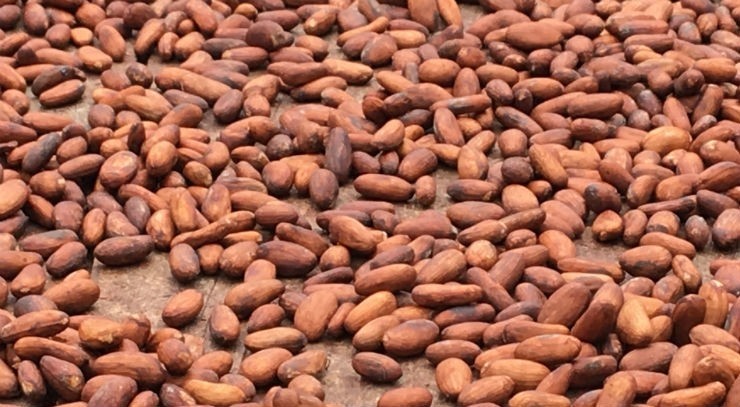Traders at the bustling Makola and Okaishie markets are resisting growing public pressure to slash prices, despite the Ghanaian cedi’s recent rebound against the US dollar and other major foreign currencies.
The local currency has shown significant strength in recent weeks, reversing a prolonged period of depreciation. This turnaround has sparked expectations for immediate reductions in the cost of imported goods.

However, many traders argue that those expectations are unrealistic—at least for now.
“Our goods were bought at a higher dollar rate,” said Rebecca Ofosuwaa, a retailer of household consumables. “If I placed an order a month ago when the dollar was at 16 cedis, the gains the cedi is making now don’t benefit me yet. If the exchange rate remains stable, maybe by August we can start seeing price reductions.”
Maame Efua, who deals in grains and groceries, echoed the view. “We can’t just drop prices overnight. It depends on how long the cedi holds its strength. Right now, we’re still selling from old stock,” she explained.
Many traders believe that while the cedi’s recovery is a positive sign, long-term stability will be the key determinant for any significant market adjustments.
“Most of us have old stocks so with that we cannot reduce the prices. We can only reduce when we import new products using the new prevailing rates,” she said.
As of Monday, some forex bureaus were selling the US dollar at 13 cedis 50 pesewas.
The traders also acknowledged recent claims by the Food and Beverage Association of Ghana that prices of some commodities are beginning to decline. However, they were quick to note that the reductions are minimal.
“Previously, a bag of sugar was selling for GHS 740, but the current price has dropped to around GHS 640,” one trader added.
























































![[FREE FREE MONEY] Predict and Win a Guaranteed GH¢200 From Us EVERY WEEK](https://wordpress.ghanatalksradio.com/wp-content/uploads/2022/02/Predict-and-Win-Final-09-03-2021-218x150.jpg)
![[Predict & Win – 8th/Oct.] WIN A Guaranteed ¢200 From Us This Week](https://wordpress.ghanatalksradio.com/wp-content/uploads/2021/10/maxresdefault-16-218x150.jpg)
![[Predict & Win – 2nd] WIN A Guaranteed ¢200 From Us This Week](https://wordpress.ghanatalksradio.com/wp-content/uploads/2021/09/maxresdefault-50-218x150.jpg)
![[Predict & Win – 25th] WIN A Guaranteed ¢200 From Us This Week](https://wordpress.ghanatalksradio.com/wp-content/uploads/2021/09/maxresdefault-36-218x150.jpg)
![[Predict & Win – 18th] WIN A Guaranteed ¢200 From Us This Week](https://wordpress.ghanatalksradio.com/wp-content/uploads/2021/09/maxresdefault-23-218x150.jpg)






![[National cathedral] See full list of churches that have contributed since 2018](https://wordpress.ghanatalksradio.com/wp-content/uploads/2020/09/Ghana-National-Cathedral-GhanaTalksRadio-100x70.jpg)



